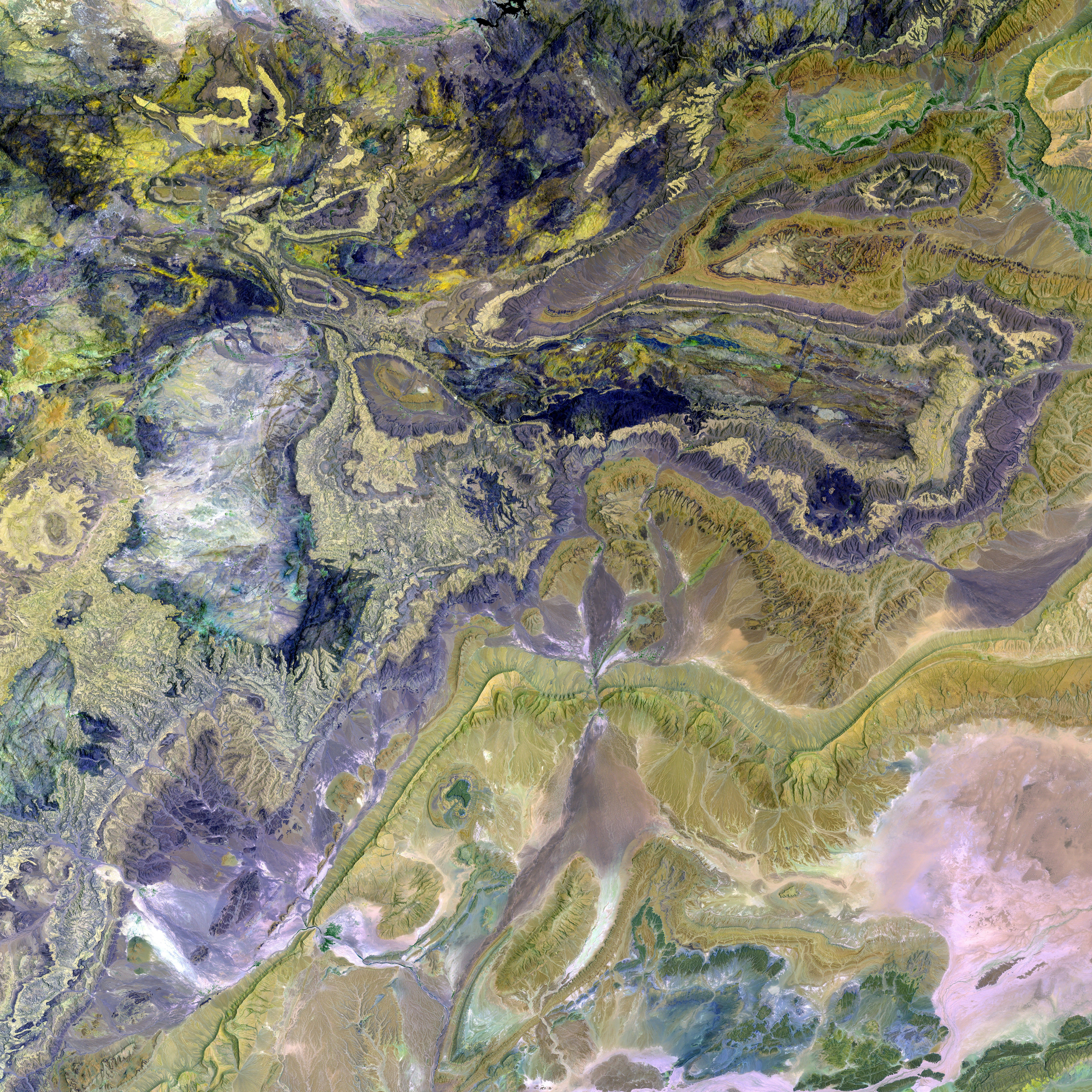Hezbollah Secures Victory in Lebanon's First Municipal Elections Since 2016; Hezbollah and Establishment Parties Dominate Voting Results in Lebanon
Lebanon's municipal elections held over four weeks have seen establishment parties emerge as the predominant victors, despite Hezbollah and its allies retaining significant influence in several regions. The elections, initially scheduled for 2022 but delayed due to parliamentary elections, a war with Israel, and funding issues, took place across the country from Mount Lebanon to the Bekaa Valley and concluded in southern Lebanon on Saturday.
While Hezbollah, a Shia Muslim political and armed group, faced setbacks during the 14-month war with Israel that ended in November 2023, it and its closest political ally, Amal, still managed to win numerous municipalities. According to Imad Salamey, a professor of political science at the Lebanese American University, Hezbollah's voter base remained intact, and support among the Shia community did not experience a dramatic erosion.
Despite establishment parties sweeping the majority of seats, candidates advocating for political reform and opposition to the political establishment made inroads in certain regions, even winning seats in municipalities in southern Lebanon. This region is historically where Hezbollah enjoys strong support, although a limited but growing space for dissent within the Shia community has been signaled.
In Lebanon, a unified bloc of reformists does not exist, although political actors and groups that emerged during the 2019 antigovernment protests against the economic crisis are locally known as "el-tagheyereen," or change makers. In the recent elections, some alternative Shia candidates were able to run without facing significant intimidation, according to Salamey.
The fact that elections took place at all is a positive sign for the pro-reform government of Prime Minister Nawaf Salam, which came to power in January. The polls were held despite opposition from some quarters that argued they favored established parties because the uncertainty over their timing meant candidates waited to build their campaigns.
The war left Hezbollah politically and militarily battered after Israel targeted much of its leadership, including longtime Secretary-General Hassan Nasrallah and his successor, Hachem Safieddine. Israel continues to occupy five points of Lebanese territory and attacks other parts of the south, where they claim Hezbollah still has weapons.
Many southerners have been living through the war, with some questioning Hezbollah's standing and its decision to enter into a war with Israel on behalf of Gaza, while others still fervently support the group. The municipal elections confirmed that Hezbollah and the Amal Movement remain strong, according to Qassem Kassir, a journalist and political analyst believed to be close to Hezbollah.
Despite reform forces winning some seats, including in Lebanon's third-largest city, Sidon, they were largely at a disadvantage due to a lack of name familiarity, short campaign time, and misinformation circulated by politically affiliated media. Claims of corruption and contested election results marred voting in parts of the north, where many candidates from traditional political parties dominated.
In the capital, Beirut, forces for change were dealt a heavy blow, with the reformist Beirut Madinati list winning less than 10 percent of the vote, despite worsening living conditions in the city that critics blame on establishment parties. Since an economic crisis took hold in 2019, electricity cuts, air pollution, and cancer risks have become more common in Beirut.
Despite the criticisms and degraded living situation in the city, a list of candidates backed by establishment figures and major parties, including Hezbollah and Amal, but also their major ideological opponents, including the Lebanese Forces and the right-wing Kataeb Party, won 23 out of 24 seats in municipal elections. This list ran on a platform that stoked fears of sectarian disenfranchisement and promised sectarian parity, as municipalities do not have sectarian quotas.
Several developments in the recent post-war period, such as a new president, army commander, and the reform camp's choice for prime minister, suggest a still-divided political landscape in Lebanon. Some analysts dismissed the results of the municipal elections as insignificant, arguing that next year's parliamentary elections will more accurately reflect the direction the country is headed.
- The municipal elections in Lebanon, although dominated by establishment parties, also saw candidates advocating for political reform make inroads, even winning seats in southern Lebanon, a region traditionally supportive of Hezbollah.
- In the wake of the war, Hezbollah and its allies faced setbacks but managed to retain significant influence, prove evident in the municipal elections where they won numerous municipalities.
- Despite the recent municipal elections confirming Hezbollah and the Amal Movement's strength, some analysts view the results as insignificant, suggesting that next year's parliamentary elections will offer a more accurate reflection of the direction Lebanon is headed.







